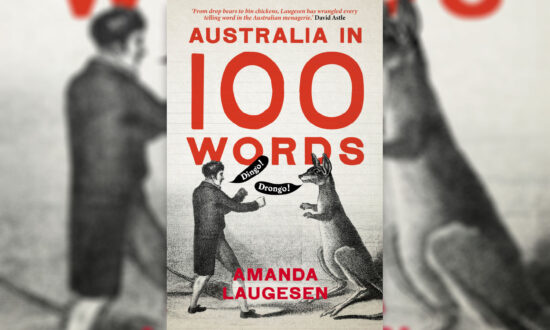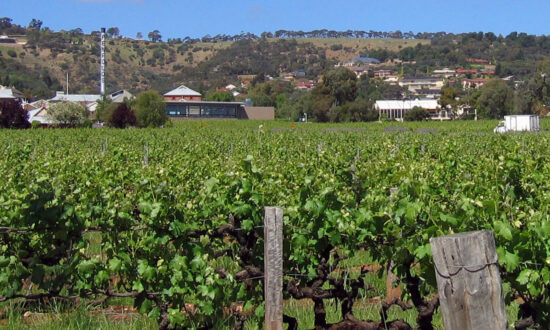Plenty of ink and pixels have been spilled over the fraught relationship between Australia and China lately, so Nicholas Jose and Benjamin Madden’s anthology, Antipodean China: Reflections on Literary Exchange, would appear to be a timely intervention in a conversation that is rife with misreadings and illiteracy.
A clear highlight of the collection is the multi-chapter contribution from Waanyi writer Alexis Wright. Her invigorating and powerful essays anchor the book – and its concerns around writing place, country and nation – in Aboriginal political traditions of cosmopolitanism and hospitality. By opening with the example of how Aboriginal law accommodates strangers (such as her Cantonese great-grandfather) into the spiritual life of this land, Wright challenges the linguistic and philosophical assumptions present in our usual geopolitical framework. Instead of state actors or even imagined communities, she asks us to consider country and personhood as eternal, reciprocally constituted, material, and alive.
The focus on literature allows for a more capacious and contemplative approach than what we usually see in news media: the essays collected in this book are attentive to history, place and difference within the two countries as well as between them. More importantly, they are attentive to authorship – something that is often disregarded in our public discourse when people try to explain how we think solely in terms of demographic and economic factors.
As JM Coetzee writes here, citing Julia Lovell, Western writers tend to be lauded for their individuality while the rest are measured by their “cultural representativeness”. When you’re used to seeing broad-brush claims about “what Chinese people think” of everything from Marvel films to police aggression, the close engagement with specific Chinese novelists and poets here feels refreshing.
The essays on translation and prizes are thoughtful and revealing (and packed with juicy detail), and poet Xi Chuan’s vignettes following his literary escapades in Latin America are an unexpected delight. Overall, there is plenty of pleasure and intellectual richness on offer here. Yet it’s difficult to reconcile my appreciation of the writing with the sense that this collection isn’t very well constructed and considered as a book.
Editors Jose and Madden explain that most of the essays began as spoken presentations at a series of encounters between Australian and Chinese writers over the last decade. It shows, particularly in the section on “Place and Placelessness”, in which it feels as though more work was needed to transform a set of conference papers into a book.
The cover and blurb also seem more fitting for a themed edition of an academic or literary journal. I couldn’t help thinking that some of the individual essays would have been better served by publication in an online literary journal that would have given each piece the opportunity to find its own audience.
It’s interesting to note that many of the Chinese contributors seem more concerned with the relationship between Sinophone and Anglophone literature globally – or the west and the east – than Australia in particular. Several essays look to Europe and the Americas; only a handful of Australian writers are mentioned at all, and Alexis Wright is the only Aboriginal writer whose work is discussed at length.
While Jose’s afterword notes China’s interest in what foreigners make of it in contrast to “the West’s general indifference to whatever Chinese may think about anything”, when it comes to Australia, it seems as though we think about the Chinese much more than they think about us.
Antipodean China, edited by Nicholas Jose and Benjamin Madden, is published by Giramondo Publishing Company.
Jinghua Qian is a Shanghainese writer living in Melbourne’s west, on the land of the Kulin nations, and is a regular contributor to the culture pages of The Saturday Paper and The Guardian.
——————
A Year in Review is an initiative by Writers SA, with assistance from the Australia Council of the Arts, to produce a series of book reviews published in InDaily over 12 months.
The reviews will focus on titles published during the pandemic, highlighting the work of Australian authors and publishers during this difficult time for the sector, and giving literary critics an outlet for their work that supports a strong culture of reading.
See previously published reviews here.
Support local arts journalism
Your support will help us continue the important work of InReview in publishing free professional journalism that celebrates, interrogates and amplifies arts and culture in South Australia.
Donate Here




